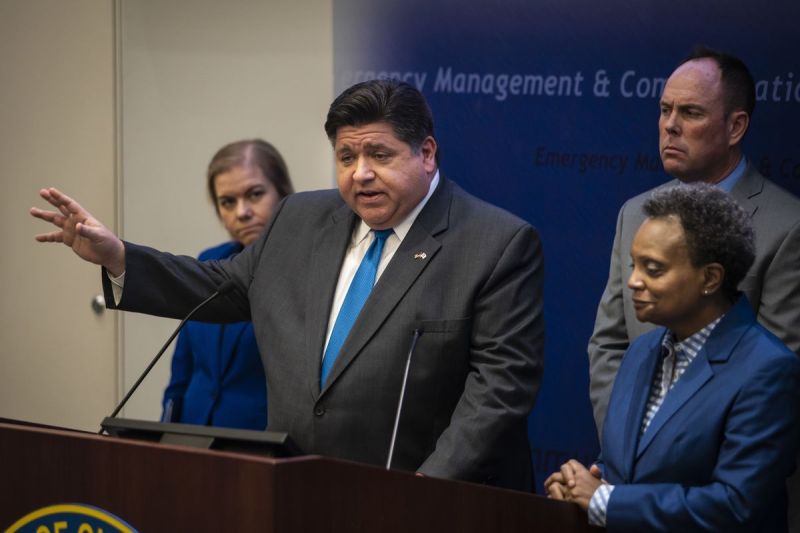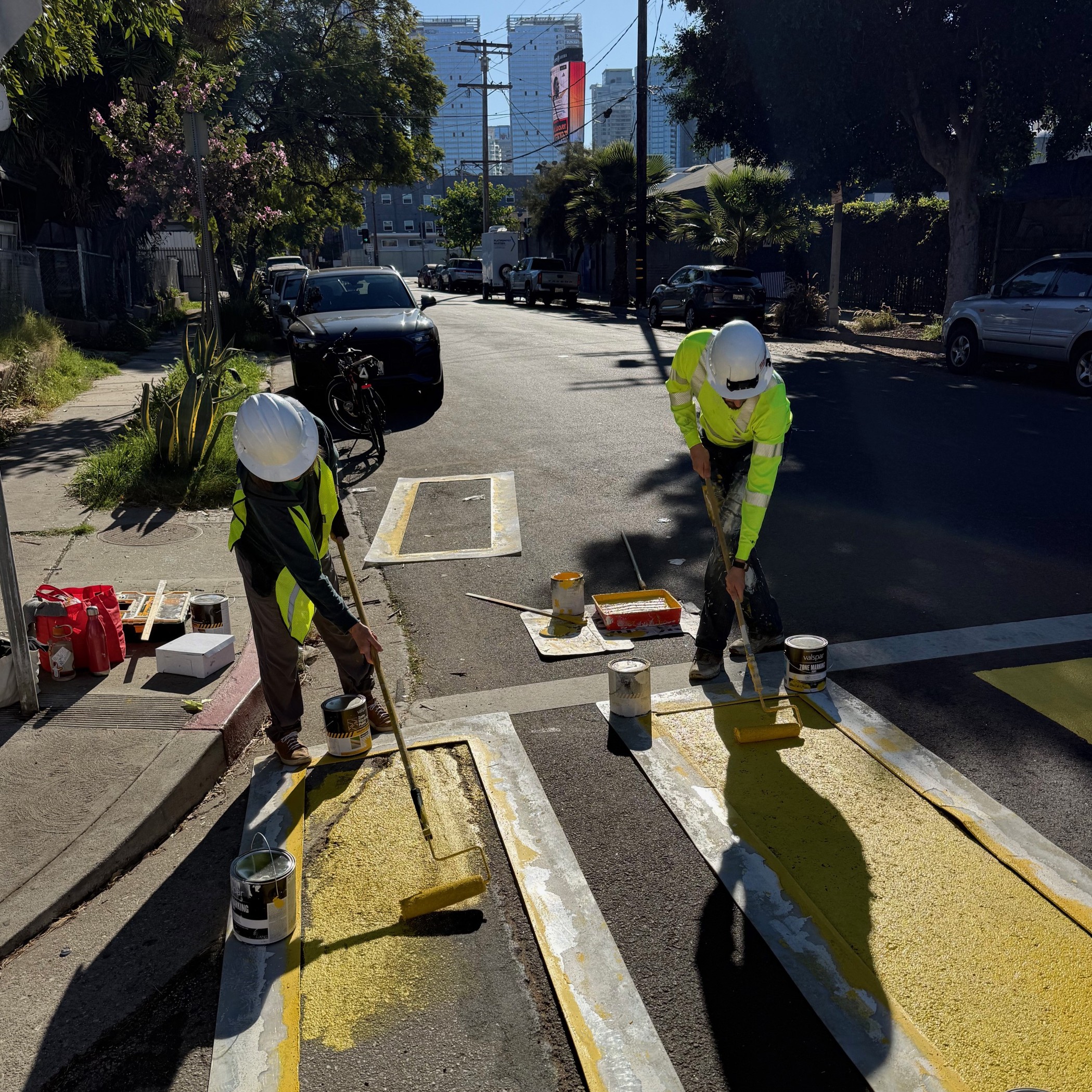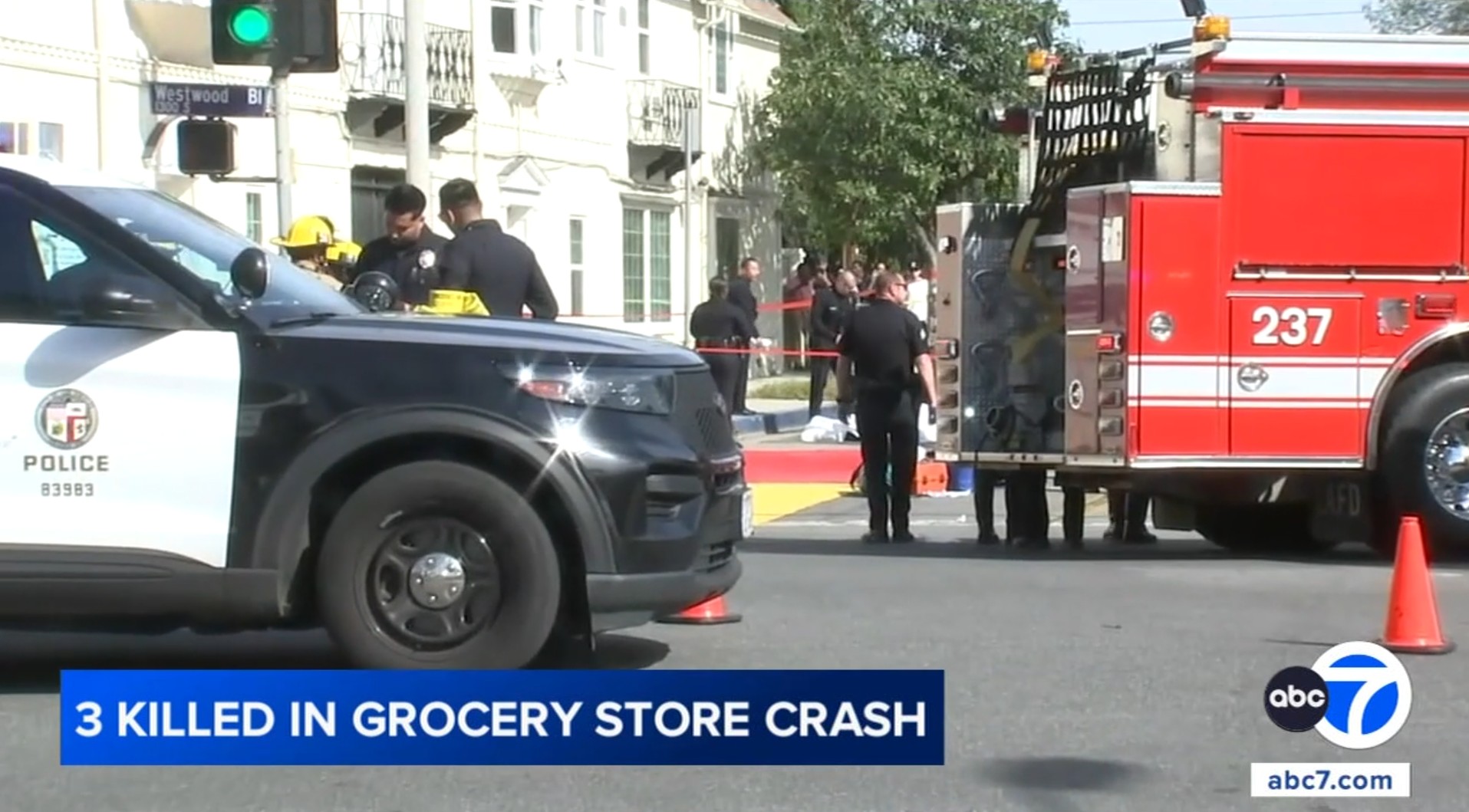Illinois governor J.B. Pritzker and Chicago mayor Lori Lightfoot have generally shown good leadership during the coronavirus pandemic. In particular I appreciated that Pritzker took decisive action by enacting one of the first statewide bans on dine-in restaurant and bar service, a move that will likely save many lives. (Here's how to support laid-off service industry workers if you've been more fortunate.) He's also been been doing an admirable job of holding Donald Trump's feet to the fire to act responsibly during the crisis.
The federal government needs to get its s@#t together. NOW.
— Governor JB Pritzker (@GovPritzker) March 15, 2020
But it's mystifying that Pritzker, Lightfoot, and other local leaders haven't yet announced a "shelter in place" order, legally requiring Chicagoland residents to follow "social distancing" protocols. (One transportation leader I've talked to says she prefers to say she's practicing "physical distancing and social care.") Leaders in the San Francisco Bay Area announced their shelter in place policy two days ago.
Granted, so far coastal U.S. cities have been seeing more coronavirus cases than inland ones. Around the time of the Bay Area announcement, there were 40 confirmed cases in San Francisco, and 114 patients in nearby Santa Clara County, while there were only 105 cases in the entire state of Illinois. But as of this afternoon, that number had more than doubled, to 288 cases across 17 counties. And yesterday Illinois saw its first coronavirus death, 61-year-old retired nurse Patricia Frieson, who lived in Chicago's South Side Gresham community. There has also been an outbreak of 22 cases in a nursing home in west-suburban Willowbrook.
Most local residents are not going to follow proper social distancing protocols until they're legally required to do so. We shouldn't have to wait until Chicagoland hospitals are over-capacity with coronavirus patients for our leaders to enact a shelter in place order to slow the transmission of the virus and keep large numbers of elderly and vulnerable people from needlessly dying.
The good news is that we don't have to wait until decision-makers step up to the plate. We can make a difference right now by living our lives as if a Chicagoland shelter in place order is already in effect. I recommend studying the rules and recommendations from the San Francisco guidelines here, since future local guidelines will probably be similar. In the meantime, here are some of the key points, particularly rules that involve transportation and recreation. The basics:
- Vulnerable populations must stay home. Everyone else is required to stay home except to get food, care for a relative or friend, get necessary health care, or go to an essential job.
- It is OK to go outside for walks or bike rides if you are not in a group.
- Stay at least 6 feet apart when leaving your home for essential activities.
In San Francisco, the following essential services are permitted to operate.
- Gas stations
- Pharmacies
- Food: Grocery stores, farmers markets, food banks, convenience stores, take-out and delivery restaurants
- Hardware stores/plumbers
- Banks
- Community benefit organizations on a case-by-case basis
- Laundromats/laundry services
A glaring omission from that list is bike shops, which are crucial for people who need to purchase and maintain cycles for transportation and exercise, to help keep them in good physical and mental health. However, it looks like some of the counties in the Bay Area are starting to add bike mechanics to the list of essential services. Philadelphia bike stores successfully lobbied the city government to allow them to operate during the pandemic. Chicago cycle shops should do the same.
Here are things you can't do in San Francisco, and shouldn't do in Chicagoland, during the pandemic:
- Engage in group activities in person with others.
- Have dinner parties. You cannot invite friends over to your home to hang out.
- Go to a nail salon or get your hair cut by a stylist or barber.
- Go shopping for non-essential goods.
- Take unnecessary trips on transit or in a car or motorcycle. The SF guidelines seem to imply that hanging out or hiking in a regional park is considered a justification for a car trip -- more on that below.
As for other transportation, San Francisco is relaxing its car parking enforcement during the pandemic by not towing illegally parked cars that aren't causing an immediate problem. Ride-hail is also only allowed for essential trips, and you should sanitize your hands before and and afterwards and cover your cough.
Commuting in and out of the San Francisco area is only permitted for essential jobs and purposes, like medical appointments. We should take the same approach in Chicagoland.
Non-essential air travel to and from the Bay Area is banned, and if you leave you may not be allowed to return. Likewise, we should not take non-essential trips or vacations from Chicago at this time, to avoid exposing new populations to the virus.
In San Francisco, if you have children you cannot take them to the playground (playground equipment can harbor the virus) or have playdates. "Children are not able to maintain social distance, and even adults are prohibited from socializing with friends in this manner," the guidelines state. It recommends various activities to keep you kids learning and entertained.
Gyms, fitness centers, and public pools are closed, so exercising outdoors is key. San Francisco recommends the following activities, as long as you keep at least six feet away from non-household members and don’t share equipment.
- yoga
- riding your bike (alone or with 6' distance from others)
- stretching (tai chi would also be good)
- walking (alone or with distance)
- swimming in the ocean (presumably a dip in Lake Michigan would also be OK) or in your own pool or hot tub
- shooting baskets by yourself, or hitting a tennis ball against a backboard
Team sports with non-household members, such as soccer, baseball, basketball, and Frisbee are prohibited.
As mentioned above, while the Bay Area rules ban non-essential car trips (and you definitely should avoid non-essential transit trips for your own sake and to improve safety for those who must ride buses and trains), the guideline appear to indicate that it's OK to drive to a regional park.
In the Q & A section, in response to the question, "I become anxious when cooped up in my house. Am I allowed to go to a park or on a hike? Can I travel to a county park or open space?", the guide states, "Spending time outside improves mood and wellbeing, and is particularly beneficial to children. You can go for walks, go to the park, and engage in other similar activities, but should maintain social distance." As such, Streetsblog Chicago put together this guide to interesting outdoor spaces in Chicagoland where you can take in natural beauty or culture during the pandemic.
So that's much of the nitty-gritty of what you need to know in order to voluntarily practice social distancing while we wait for Chicagoland leaders to do the right thing and make it the law.
But what if you're relatively young and healthy, and therefore less likely to get seriously ill from coronavirus, and you're too self-centered to care about whether you help spread the disease to at-risk populations? For starters, in some cases young, people are dying, and it's also possible to survive but suffer permanent lung damage.
Also keep in mind that if our local healthcare system gets overwhelmed with sick people, there will be no hospital beds or ventilators available if you get run over by a trucker or suffer some other health emergency. So even if you're a selfish jerk, it's in your interest to start following these rules immediately.







